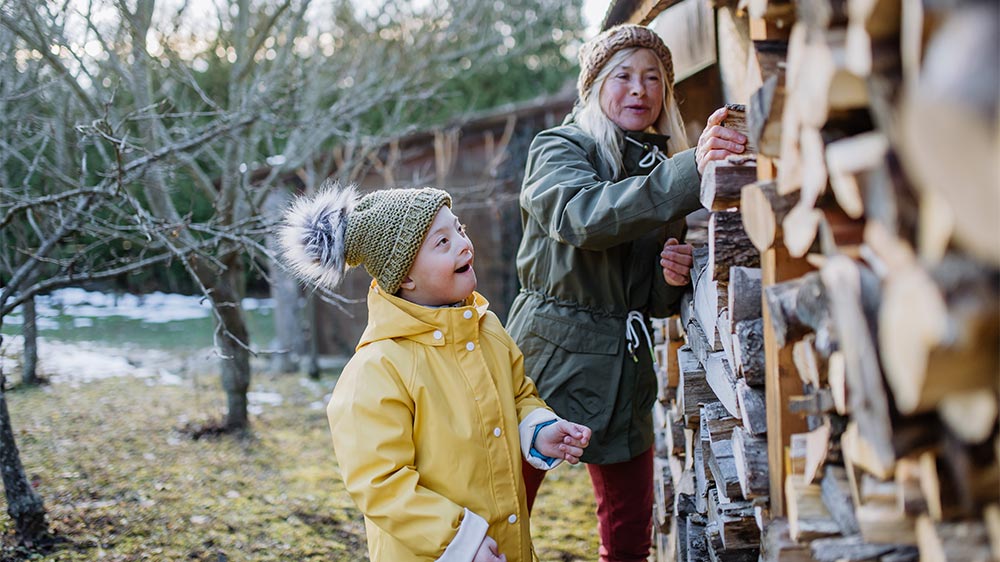
By: Mustafa Eldadah, MD, MBA, FAAP
MercyOne Des Moines Pediatric Care
As colder weather approaches, that means cold, flu and virus season is upon us. One of the most common viruses for children and older adults is respiratory syncytial virus (RSV). Here’s how to keep you and your family healthy and safe.
Symptoms of RSV
RSV is a common virus that causes infections to the lungs and breathing pathways. Symptoms between children and adults may vary, but there are some general things to watch for.
Common symptoms include:
- Runny nose
- Coughing
- Fever
- Appetite decrease
- Dehydration
RSV is highly contagious. It can be spread by contact with mucus or saliva from an infected person or through droplets from coughing or wheezing. RSV can often spread rapidly at child care centers or through families.
Diagnosing RSV
RSV can be diagnosed quickly through a laboratory test using a nose swab. This can be done in at your primary care provider or urgent care to confirm the diagnosis during a high respiratory illness season. The diagnosis is important since complications can happen with the RSV infection.
Those most at risk of RSV and severe illness include:
- Premature infants and newborns
- Young children with congenital heart disease or chronic lung disease
- People with weakened immune systems due to medical treatments/conditions
There is no specific treatment for RSV. Your child will usually be seen by their primary care provider or pediatrician first. Saline nasal drops, nasal suctioning and fever medication like acetaminophen can be used to help treat symptoms. You should also closely watch for signs of increased difficulty breathing or dehydration. If symptoms increase or worsen, make an appointment with your provider or visit a care location.
